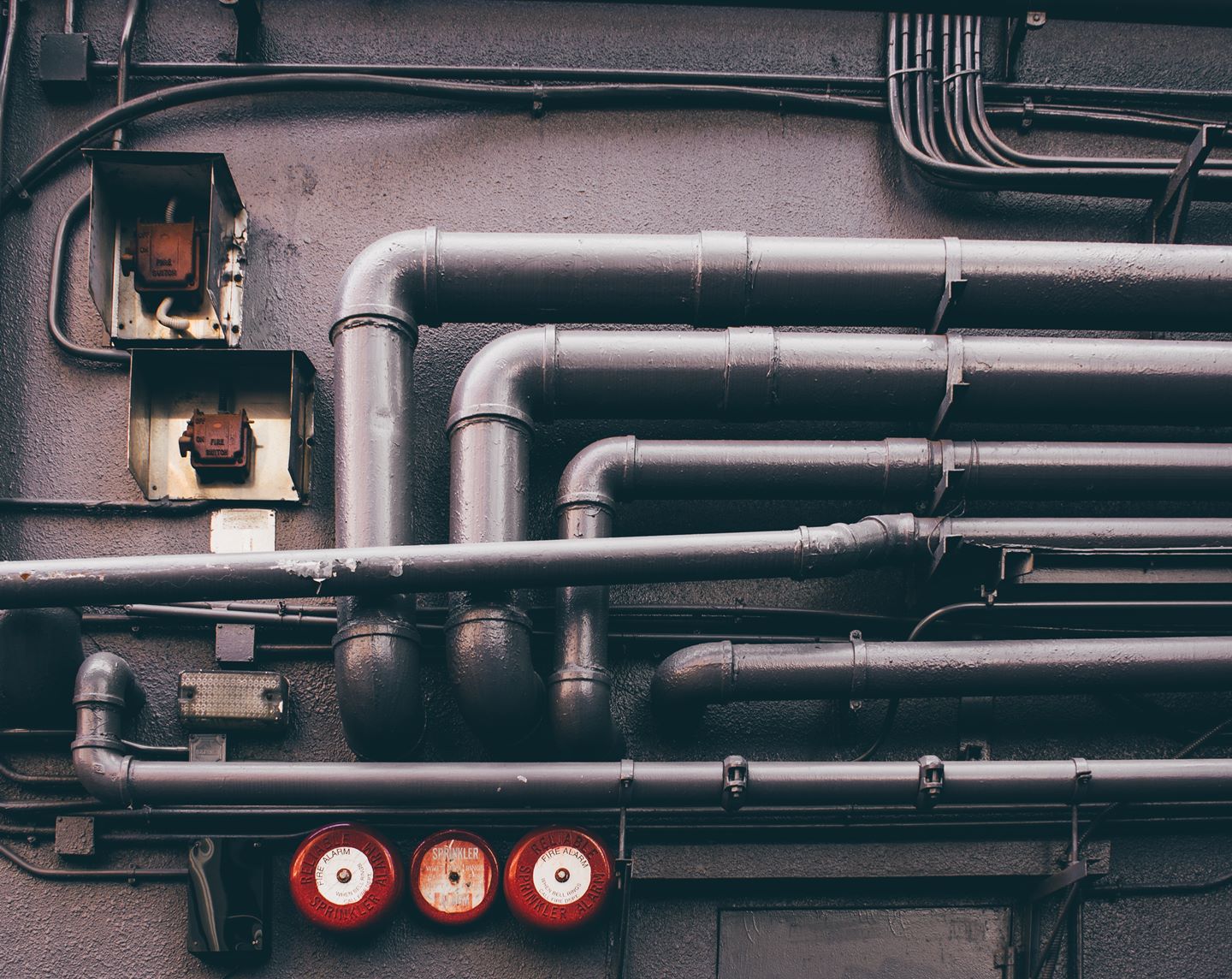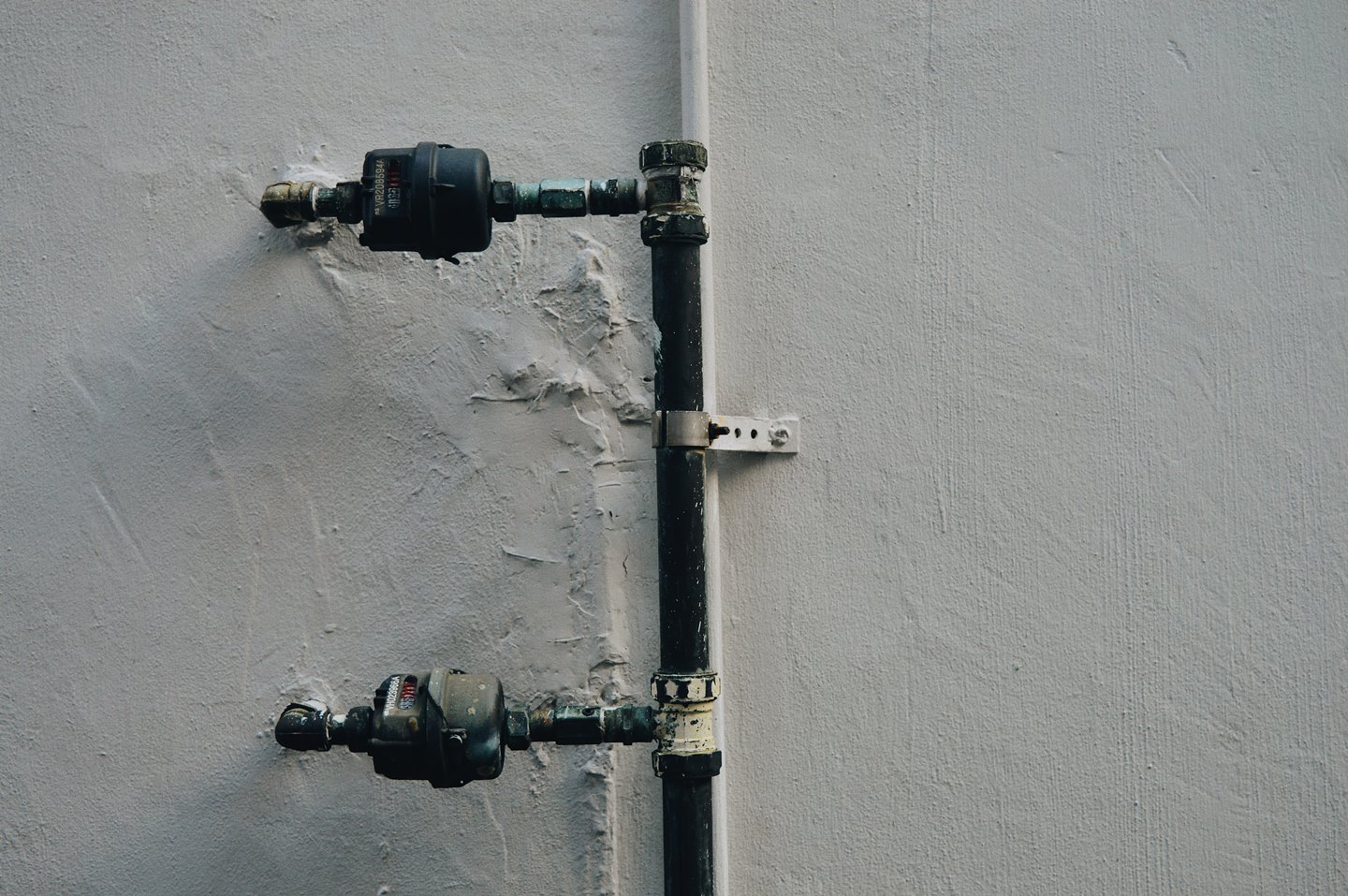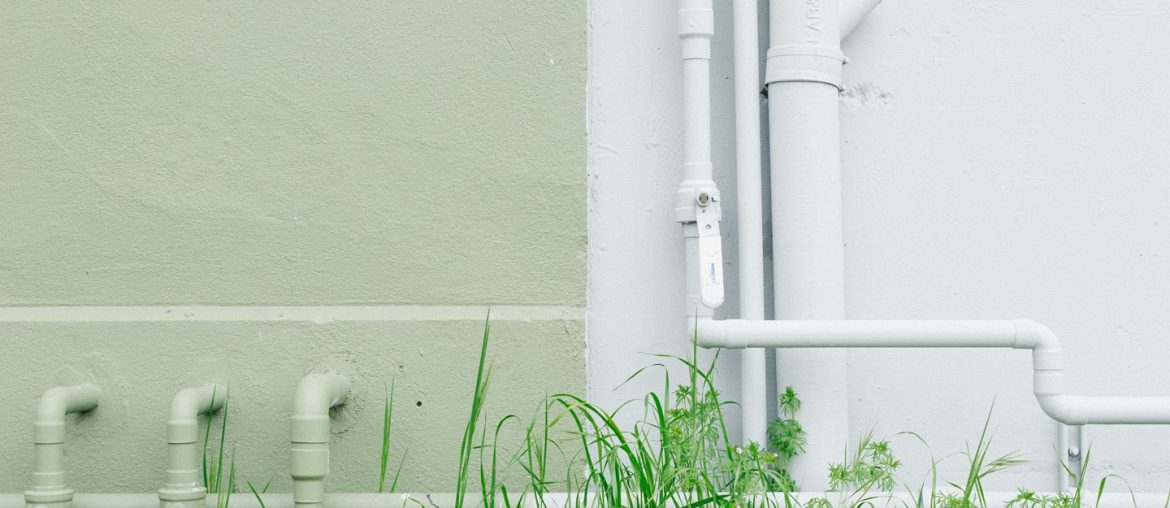According to the Water Research Centre, USA, corrosion is a complex series of oxidation-reduction reactions between different metal surfaces/metal pipings such as copper, lead, etc with water. Due to corrosion, different toxic materials get mixed into drinking and usable water. The adverse effect of such contamination can lead to multiple health problems, including cognitive development issues in children. Besides, there are other drawbacks such as harming your home appliances significantly. To avoid such complications, here are some useful tips to prevent water corrosion in pipes. So, let’s learn about them along with the common causes of water corrosion in pipes.
Detection of corrosion and common causations
To detect and prevent water corrosion in pipes, it is necessary to know about the common causes. The common causes of water corrosion in pipes are closely related to acidity and alkalinity level of water. If both levels are not in a balance to a neutral level, the water starts corroding. The common causes and the major detectors are below in brief:

- High acidic water (low pH or pH much less than 7) and high alkaline water (high pH or pH much above 7) are hazardous. Acidic water corrodes to a large extent. High alkaline water might not corrode and sometimes works against the corrosion. But if there is bacterial contamination in it, such as sulfur-reducing bacteria (SRB) or other forms of bacterial infestation, there will be Microbiologically Induced Corrosion (MIC).
- Different kinds of salts and sulfates, which are generally high dissolved solids, can induce different complex biochemical corrosions.
- If the mass ratio of chloride in proportion to sulfate in water is smaller than 0.5 but greater than 0.2, corrosion will occur in a small amount. This mass ratio scale is what we know as Chloride to Sulphate Mass Ratio or CMSR. But if the CMSR is greater than 0.5 and the alkalinity of water is less than 50 mg of CaCO3/L, the water corrosion in pipes will occur significantly.
- Sands, sedimentation, different suspended solid particles, by-products of corrosion, and rust can help in generating the physical water corrosion in pipes. These can further facilitate different chemical and biochemical corrosion.
- If the flow rate of your water along the pipes is quite higher than the normal flow speed (which is 1.5 – 2.5 m/s), there will be water corrosion in pipes.
The cost-effect of water corrosion and health hazards
Water corrosion imparts a lot of extra costs as well as disastrous health hazards. Corrosion must be reduced since the number of toxins that enter our body through water can even lead to death. Drinking such contaminated water is of high risk for children and pregnant mothers. These acute and chronic health problems through drinking water with lead and copper reduce the capacity of your immune system as well.

Besides health problems, your appliances will have a risk of sustainability. The efficiency of hot water heaters decreases significantly. Corrosion, as a result, causes premature failure of your appliances, plumbing fixtures and different household plumbing materials. Using the water to wash laundry can leave permanent stains, there will be residue at the bottom of your teapots, greenish-blue stains around basins and drains.
Steps to prevent water corrosion in pipes
To reduce and prevent water corrosion, we need to take some careful measures. There are several ways to do so. Let us know about the methods.

- Slow down the water flow through the pipes to avoid high voluminous friction and pressure.
- Iron deposits on water heaters cause corrosion. Therefore, change the anode rods of the heater every 4-5 years.
- Clean the pipes before installing it. Pre-installation of pipes can help in reducing the corrosion.
- Always maintain the pH level of water to 7. Water with salts of calcium and magnesium is less corrosive and can help in maintaining a neutral balance.
- Avoid galvanic corrosion by using homogenous corrosion potential materials and insulating the metal. You can also give a good coating to the cathode.
- U-bolt restrains and clamps can reduce the friction and pressure of water flow to a large extent.
- Use inorganic phosphate on your water supply. Phosphates act as an inhibitor of corrosion and can reduce it to a large extent
- Chlorinating treatment of water or adding chlorine to the water supply can reduce the bacterial infestation in water and purifies it This helps to prevent water corrosion in pipes to a significant level.
- Create a water-efficient home for a sustainable future
- Learn water conservation practices at home and also learn to save water at commercial buildings. This will eventually help in creating less pressure on groundwater and prevent corrosion.
Always prevent water corrosion in pipes and check the water purity level on a regular basis. It is very important to use safe and pure water not only for drinking but for other purposes. Follow all the steps to detect and prevent your water from corroding.




